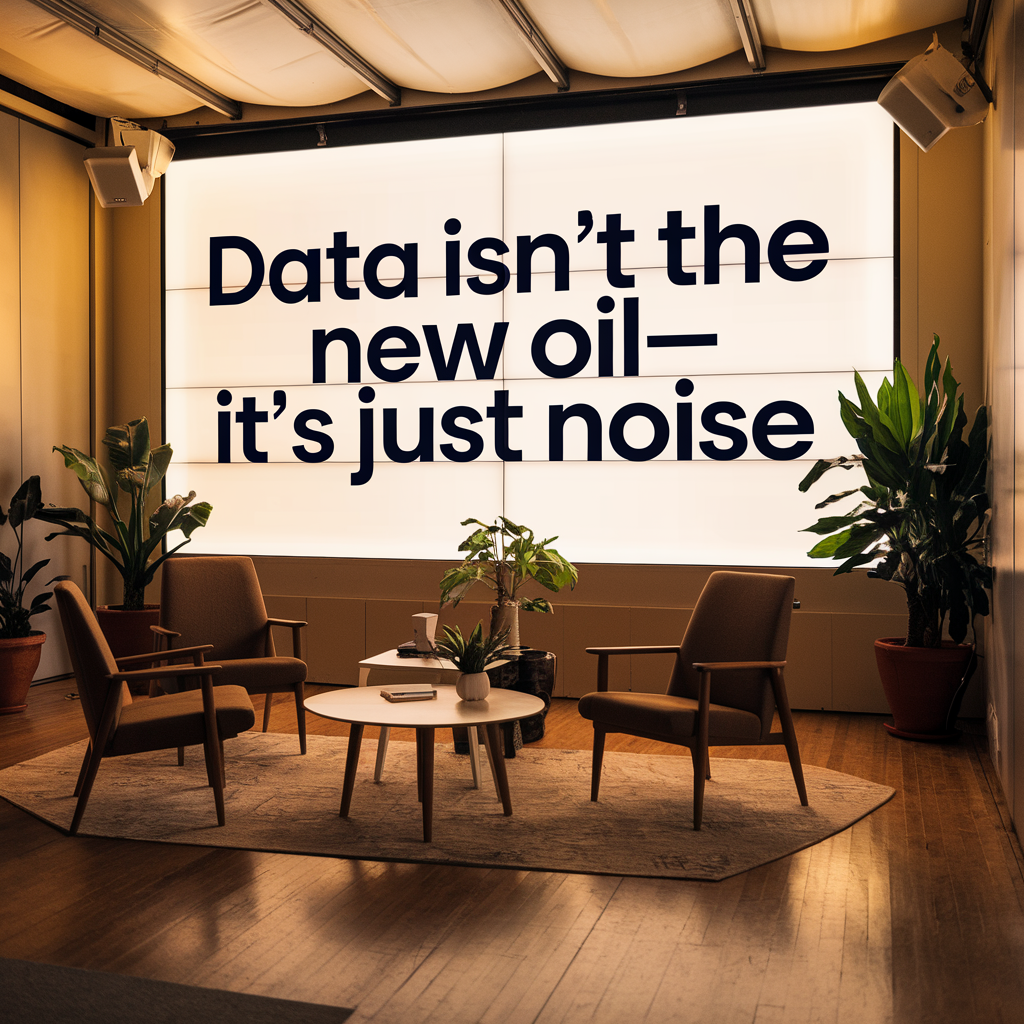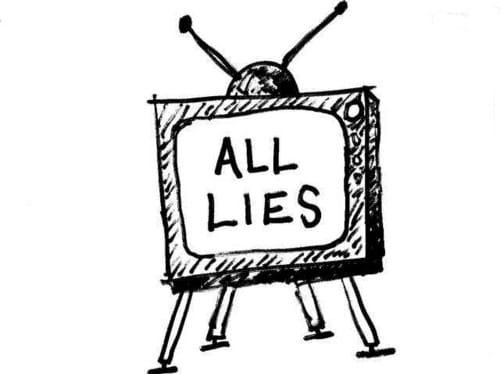The Future of Authority: Political Power Shifts to the Podcast Realm
The podcast industry is experiencing a moment of significant transformation. For most of its history, the vast majority of podcasts have struggled to find success; only a tiny fraction ever reach a broad audience or carve out a place of influence. Yet, ironically, that small fraction is increasingly wielding a major impact on the political landscape. We're witnessing this phenomenon as the two leading U.S. presidential candidates, Donald Trump and Kamala Harris, bypass traditional media channels to engage with millions through popular podcasts. It marks a seismic shift in how authority, influence, and power operate in the modern media ecosystem.
Consider the recent appearances of both Trump and Harris on several notable podcasts. Kamala Harris, for instance, received significant attention for her appearance on "Call Her Daddy" with Alex Cooper, a podcast that is hugely popular with women, much in the way Joe Rogan's show dominates among men. Unlike prior election cycles where presidential candidates would prioritize appearances on major news outlets like CNN or MSNBC, both candidates have focused their attention on podcasts, often ones that aren’t even overtly political. The sheer volume of these appearances, combined with the time they spend on air, far exceeds what they offer to traditional journalistic platforms. They are no longer aiming to squeeze their messaging into tightly edited, five-minute news segments. Instead, they’re diving deep for hours at a time, often into more personal, unfiltered territory.
One particular interaction stands out: Donald Trump's recent three-hour appearance on Joe Rogan's podcast. Within the first 24 hours of its posting, the YouTube version alone drew tens of millions of views—a number that dwarfs the ratings of most television interviews. What's significant about this is not just the massive reach but the nature of the authority it reflects and reinforces. Trump is no longer simply operating from the position of institutional authority, like that of a past president or established political leader. His influence now lies in his role as a cognitive authority—someone whose presence in our minds is built through sheer repetition, personality, and recognizability.
Rogan, on the other hand, exemplifies another emerging kind of authority—algorithmic authority. Rogan's influence is less about the knowledge he possesses or the institutional power he commands and more about the way algorithms push his content to millions. His authority emerges from the ability to command attention, amplified by the platforms that know he delivers what audiences linger on: long, conversational, and engaging content. The result is that when someone like Trump appears on his show, it becomes an event with extraordinary reach, orchestrated by the interests of both human curiosity and algorithmic precision.
This dynamic—Trump's cognitive authority meeting Rogan's algorithmic authority—is a crucial signal of how power is changing. Traditional gatekeepers of influence—editors, journalists, networks—are being sidelined by a form of authority that operates in tandem with our own preferences and the platforms that shape those preferences. It's a new kind of power, decentralized yet highly concentrated, rooted in individual personalities and turbocharged by digital platforms.
In the evolving podcast industry, a few voices have managed to step into the role of alternative power brokers, creating a new arena where political battles are fought not through official debates or cable news soundbites but through marathon, conversational podcasts. As we watch political candidates flock to these platforms, we must ask: How does this change our expectations of leadership? How do we evaluate authority in an age where the algorithms decide what we see? And more importantly, what does this mean for the future of public discourse and democracy?


